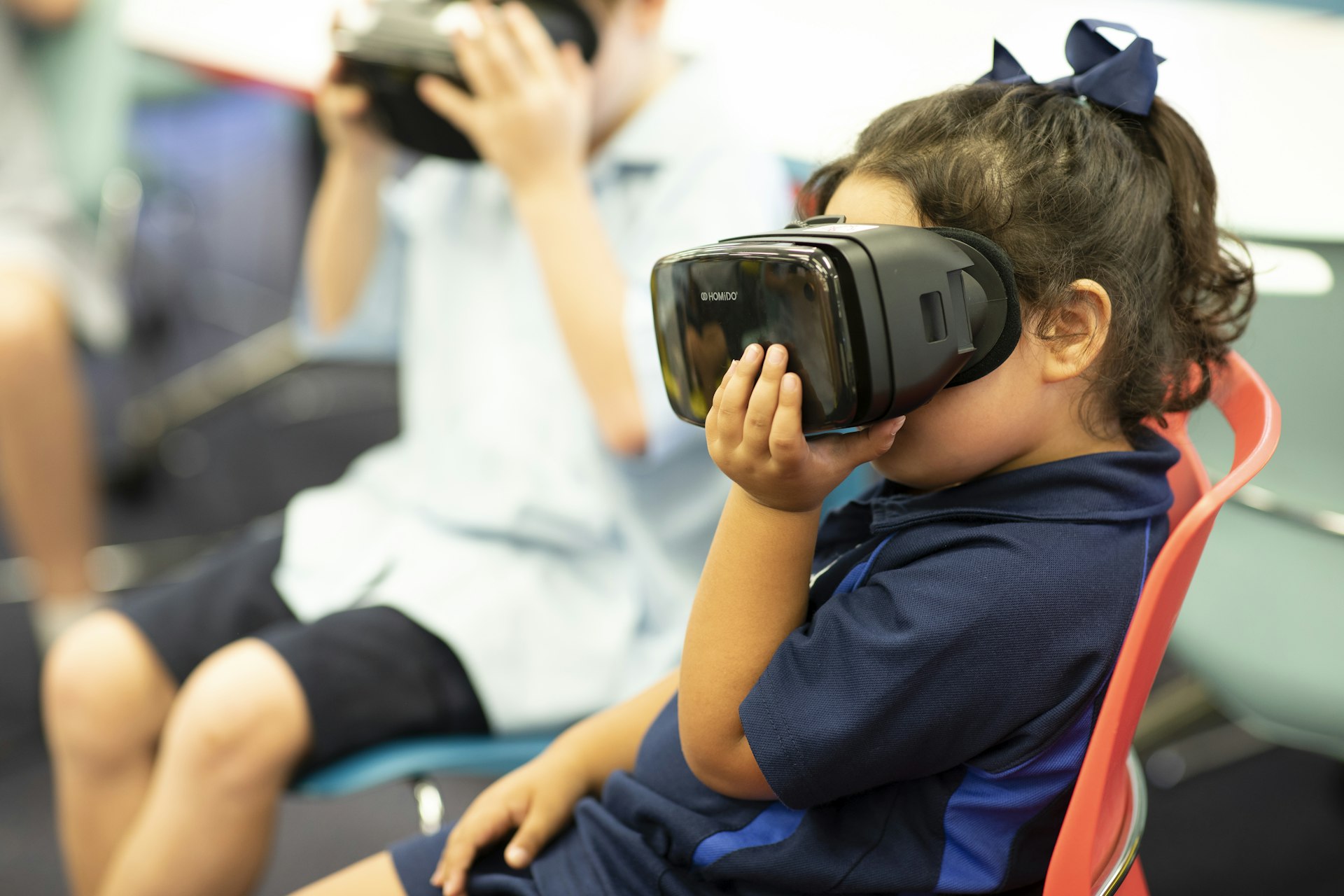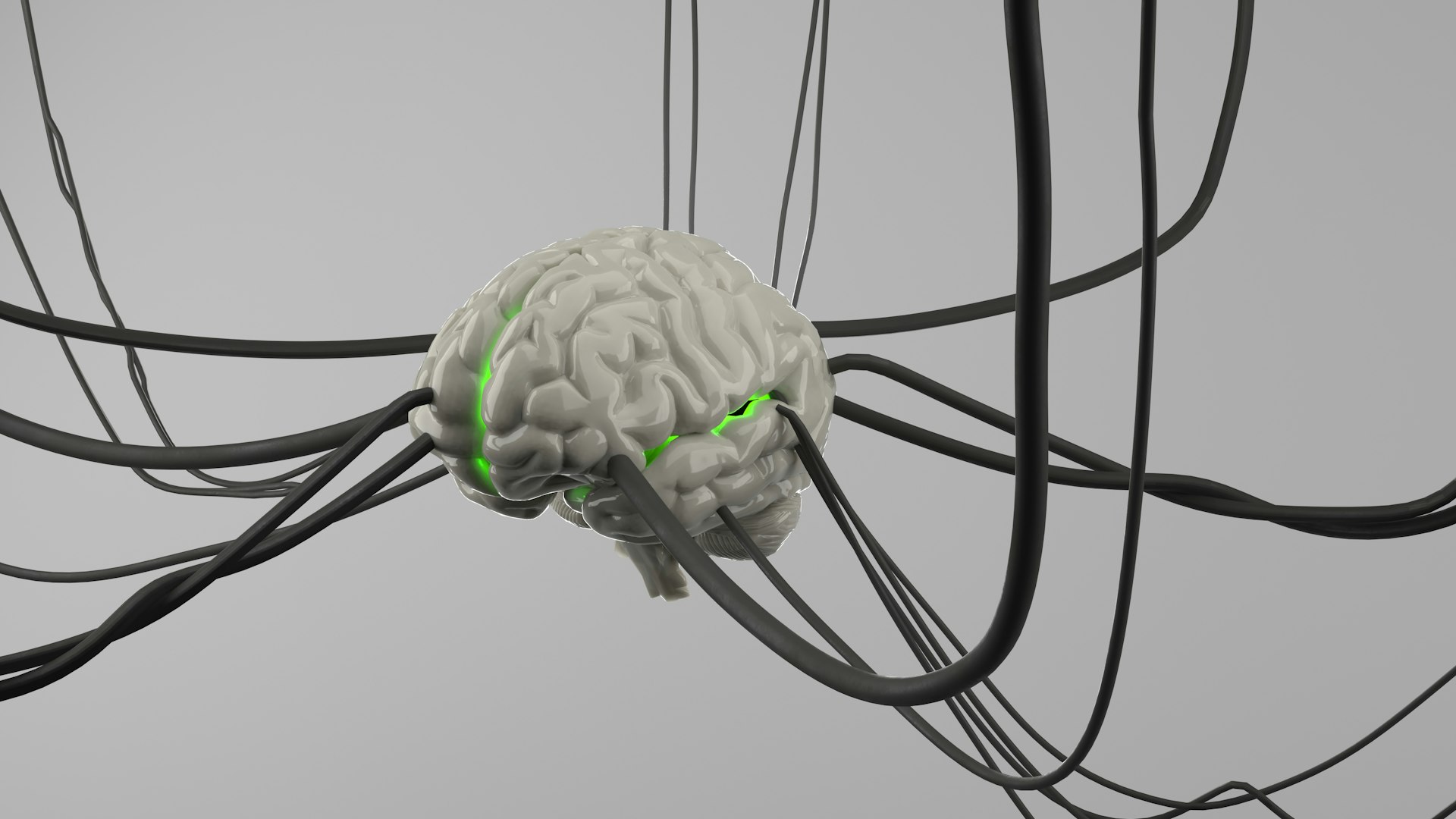How Immigration Shapes Political Landscapes: Evidence, Trends, and Practical Guidance

Photo by Courtney Hedger on Unsplash
Introduction: Immigration’s Profound Impact on Politics
Immigration has become a central issue in modern politics, driving changes in party systems, shaping policy debates, and influencing voter behavior. As immigration flows have increased in many developed nations, questions about its impact on political attitudes, electoral outcomes, and public policy have grown more urgent. This article examines the evidence behind these effects, highlights key examples, and offers practical steps for individuals seeking to understand or engage with this evolving landscape.
1. Immigration and Political Party Dynamics
One of the most visible effects of immigration is its role in altering party competition and platforms. As immigration rises, political parties often realign their positions to address voter concerns-sometimes leading to the rise of nationalist or anti-immigrant parties.
[1]
For example, in many European countries, recent immigration has heightened anxieties over cultural integration, economic competition, and the perceived fiscal burden. This has contributed to increased support for right-wing parties advocating stricter immigration controls.
[1]
However, the political response is not uniform; in some contexts, high-skilled immigration is associated with more moderate or pro-immigrant positions among natives.
[3]
Practical Steps: If you want to understand how parties in your country are responding to immigration, consider attending local town halls, following party platforms, or participating in community forums. Many political parties publish their platforms on their official websites, which can be found through a web search using the party’s full name.
2. Electoral Outcomes and Voter Preferences
Immigration can shape electoral outcomes both directly and indirectly. Directly, naturalized immigrants who gain the right to vote may influence election results, often supporting parties perceived as more welcoming to immigrants.
[3]
Indirectly, the presence of immigrants can affect the preferences of native voters. For example, studies in the United States show that immigration, on average, is associated with a reduced vote share for parties favoring restrictive immigration policies, especially when the immigrant population is highly skilled.
[3]
However, in some cases, increased immigration can lead to backlash, boosting support for parties with anti-immigrant platforms. The skill composition and visibility of immigrant groups, along with local economic conditions, often determine the direction and strength of these effects.
[1]
Actionable Guidance: Eligible immigrants interested in voting should consult their country’s official election agency for requirements and registration processes. For example, in the United States, information is available from the U.S. Election Assistance Commission and local state election boards. If you are unsure about eligibility or the process, search for the official election authority in your state or country and look for their “voter registration” resources.

Photo by Nitish Meena on Unsplash
3. Policy Debates: Redistribution, Welfare, and Social Trust
Beyond elections, immigration influences broader policy debates-particularly around welfare spending, redistribution, and public goods.
[4]
Multiple studies indicate that increased immigration can reduce support for redistributive policies among native citizens, especially in contexts where immigration is highly salient or framed as a threat to public resources.
[4]
In some cases, this has led to policy shifts favoring “welfare chauvinism”-where benefits are restricted for immigrants but maintained or expanded for natives.
Immigration may also affect levels of trust in political institutions and social cohesion. Research shows that rapid increases in ethnic diversity can, under certain conditions, reduce both interpersonal and institutional trust. However, these effects are not universal and can be moderated by inclusive policies, effective communication, and positive inter-group interactions.
[2]
Practical Steps: To participate in public policy discussions or influence local decisions, consider joining public meetings, contacting your elected representatives, or contributing to public comment processes. You can often find schedules and contact information on your city or county government’s official website by searching for “city council meetings” or “public hearings” in your area.
4. Long-Term Political Consequences
Immigration’s political impact often extends beyond immediate electoral cycles. Over generations, immigrants and their descendants can reshape the political culture of their new countries. For example, research on historical immigration to the United States reveals that communities with substantial immigrant populations developed stronger preferences for redistribution, which persisted over time.
[1]
Moreover, the integration of immigrants into civic life-through voting, community organizations, and advocacy-can introduce new perspectives and priorities to the political agenda. Successful integration policies, language access programs, and pathways to citizenship are all critical in enabling immigrants to participate fully in the political process.
Implementation Guidance: Immigrants interested in civic engagement may explore community-based organizations, advocacy groups, or language and citizenship classes. To locate these resources, you can search for “immigrant services” or “citizenship classes” along with your city or region. Many public libraries and community centers also offer relevant programs.
5. Challenges and Solutions in Navigating Immigration Politics
The politics of immigration can be contentious, with misinformation and polarization posing significant challenges. Media coverage, political rhetoric, and social networks often shape perceptions-sometimes amplifying fears or fostering division.
[2]
Overcoming these challenges requires a commitment to factual information, dialogue, and inclusive policymaking.
For individuals and communities, practical steps include seeking out reputable sources of news, engaging in cross-cultural exchanges, and participating in nonpartisan civic education initiatives. Building alliances between immigrant and native communities can foster greater understanding and cooperation.
Alternative Approaches: Some regions have implemented participatory budgeting, community policing, or multicultural advisory councils to better include immigrant voices in local governance. Exploring such initiatives may provide models for constructive engagement.
6. Accessing Political and Civic Opportunities
If you are seeking to participate in political processes affected by immigration, or want to access related services, consider the following steps:
- Identify your local government’s official website by searching for the city or county name along with “official website.” From there, look for sections on voting, public meetings, or community programs.
- For voting eligibility and registration, consult your country’s recognized election authority, such as the U.S. Election Assistance Commission or similar bodies abroad.
- To learn about advocacy or support organizations, search for established groups like the American Immigration Council, Migration Policy Institute, or similar reputable organizations in your region. Verify their legitimacy by checking for a long-standing web presence and positive third-party coverage.
- If you are interested in policy debates, public comment opportunities, or legislative updates, seek out official government portals or established policy research centers. Always verify URLs before submitting any personal information.
Conclusion: Navigating a Changing Political Landscape
Immigration fundamentally shapes political outcomes, party strategies, and public policy. Its effects are complex and context-dependent, mediated by economic, cultural, and institutional factors. By understanding these dynamics, individuals and communities can more effectively engage with the political process, advocate for their interests, and contribute to a more informed and inclusive society. For best results, always consult authoritative sources, participate in civic life, and seek out reliable organizations or public agencies for guidance on specific questions or opportunities.
References
- [1] CEPR (2023). Long-term political consequences of immigration: Voting preferences of immigrants’ children.
- [2] NBER (2024). The Political Effects of Immigration: Culture or Economics?
- [3] Cato Institute (2018). The Political Impact of Immigration: Evidence from the United States.
- [4] Oxford Academic (2023). Immigration and inequality: the role of politics and policies.
MORE FROM findworkpro.com













